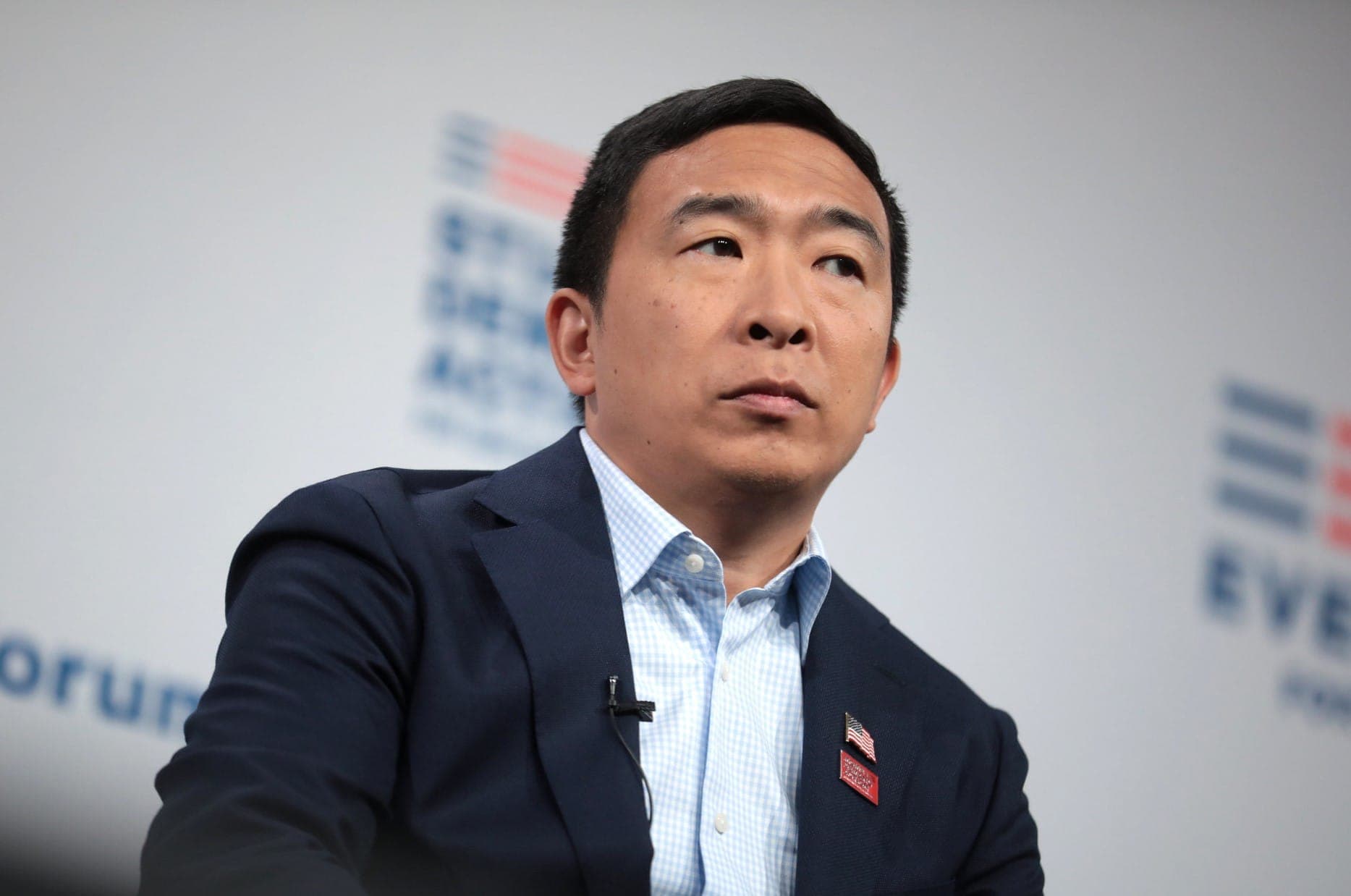Ranked Choice Voting Will Determine Who Wins Maine in November

Correction Note (7/31/24): The original version of this article said Kennedy's ballot access triggered an RCV election. The Green and Libertarian nominees will also appear on the ballot, which guarantees an RCV election. The article has been updated to reflect this information.
Maine law requires the use of ranked choice voting in presidential elections if there are more than two candidates on the ballot -- something that will happen in 2024.
Independent presidential candidate Robert F Kennedy Jr announced this week that he has turned in 4,800 signatures to Maine's secretary of state. He needed 4,000 valid signatures for the November ballot.
“We collected signatures from nearly all of our 500 municipalities, highlighting the enormous support for Kennedy in Maine," said James Donahue, the state director for Kennedy's campaign.
The signatures have been confirmed by the Department of the Secretary of State. There will be a period in which the signatures can be challenged that lasts from Thursday, August 1, to August 8.
Based on how the DNC and affiliated groups have tried to keep Kennedy off the ballot in a number of states, it seems likely some type of challenge will be filed. Especially with ranked choice voting (RCV) on the table.
However, RCV will be used whether or not Kennedy is on the ballot because he is not the only candidate outside the Republican and Democratic Parties who has earned ballot access in Maine.
The Green Independent Party and the Libertarian Party are recognized political parties in the state. This means their nominees, Dr Jill Stein of the Green Party and Chase Oliver of the Libertarian Party, will appear on the ballot.
What RCV Means for the Presidential Race in Maine
If more than two presidential candidates are on the November ballot, a candidate cannot win the state vote with a mere plurality. He or she will need more than 50% -- which is where RCV comes into play.
RCV gives voters the opportunity to rank candidates in order of preference. If no candidate gets a majority of first-choice selections, the last place candidate is eliminated, and their voters' next choice is applied to the results.
In 2016, prior to the use of RCV, Hillary Clinton won Maine with 47.83% of the vote, while Donald Trump took 44.87%, Libertarian candidate Gary Johnson garnered 5.09%, and Dr. Stein received 1.91%.
Under RCV, Stein would have been eliminated in an instant round of runoff, and her voters' second choices would have been applied to the results.
Since no candidate would be pushed over a majority, Johnson would then be eliminated in a subsequent round of runoff and his voters' next choices would determine who between Clinton and Trump had majority support.
It's unknown who would have won the state under that scenario. However, neither major party candidate could blame their loss on additional candidates being on the ballot.
A candidate either has majority support under RCV -- or they don't.
The most recent polling in Maine shows Harris ahead of Trump in a two-person race, 54% to 45%. When Kennedy, Stein, Oliver, and Cornel West are added, Harris drops below a majority.
The latest poll shows that in a 6-person race, Harris has an 8-point lead on Trump, 48% to his 40%. There is, however, no way to know what turnout will look like in November.
The addition of RCV makes the outcome less predictable. especially with potentially 6 candidates on the ballot (West's certification is pending). In all likelihood it will be needed to determine a majority winner.
 Shawn Griffiths
Shawn Griffiths






